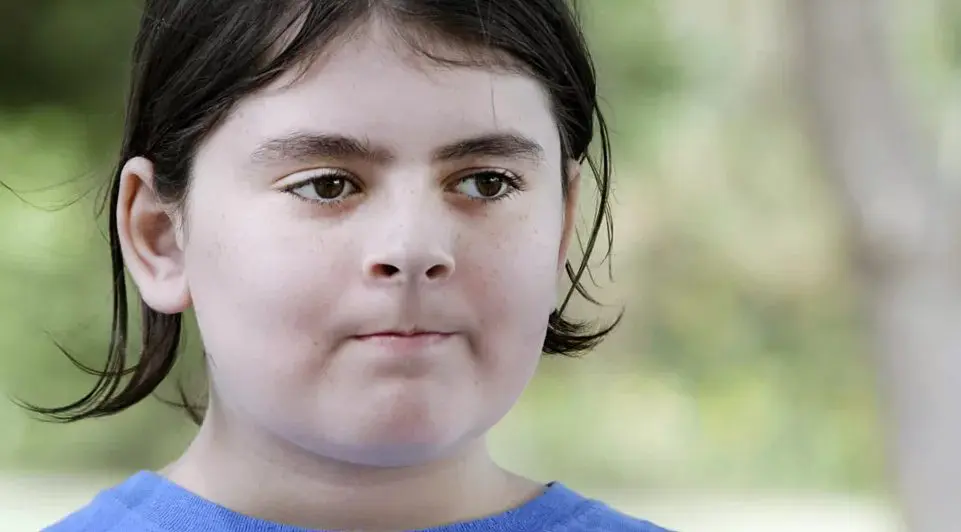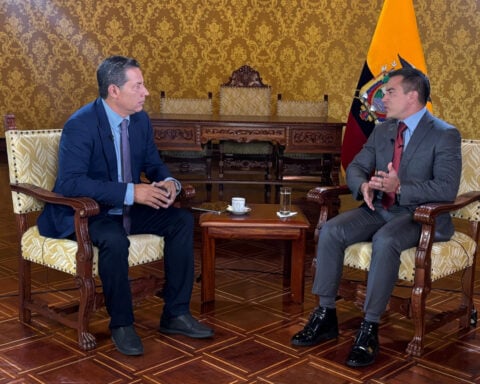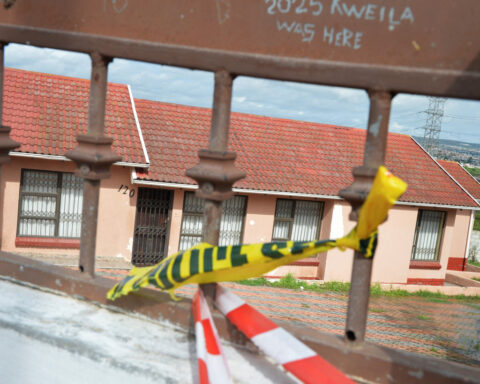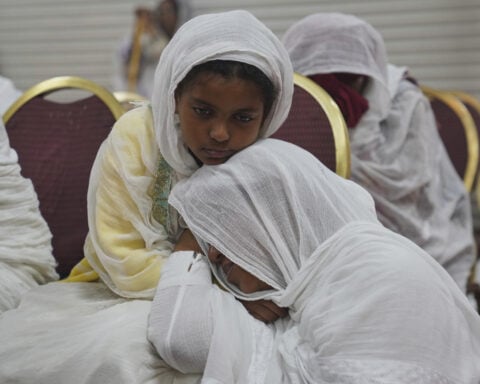In a disturbing video, a young American boy wanders through ISIS territory wearing a suicide vest. This chilling footage launched journalist Josh Baker on an investigation that revealed the boy's identity and his family's harrowing path into the terrorist group's inner circle. It became a journey that exposed difficult truths about coercion versus complicity in one mother's story.
Investigative reporter Josh Baker first encountered the video through an anonymous contact in 2019. Alarmed by the sight of a child outfitted for a suicide bombing, Baker traveled from London to the boy's aunt in Indiana. She identified him as 10-year-old Matthew and confirmed the situation through messages from her sister Sam Sally, Matthew's mother. Sam had emailed from Syria pleading for help.
Soon another video emerged showing an American family leaving ISIS territory - Baker instantly recognized Matthew and his mother Sam. He managed to locate them at a refugee camp and secured a rare interview with Sam to understand her family's journey into the terrorist organization's stronghold. Her story shocked yet also raised questions.
According to Sam, she'd had no intention to enter Syria in 2015. She described being tricked by her husband Moussa while vacationing in Turkey near the Syrian border. One night en route to the airport to return home, Moussa suddenly stopped the car, grabbed their children, and disappeared into ISIS territory.
But after a lengthy investigation, Baker came to believe Sam was both potentially coerced and complicit at times. Text messages revealed Sam discussing terrorist acts approvingly with Moussa and encouraging others to join ISIS. Her shifting statements raised credibility concerns. Still, she may have faced threats forcing cooperation.
Sam depicted herself as a helpless victim of her husband's deception in fleeing to Syria. But evidence suggested Sam possessed extremist leanings that made her vulnerable to manipulation. She appeared trapped between sinister influences and her maternal instinct to protect her son. The truth existed in shades of gray.
While perhaps not a militant true believer, Sam expressed radical views in messages. She also remained in Islamic State Group territory for years when opportunities to leave arose. Her choices showed deadly risks in dabbling in extremism - a cautionary tale of an American enticed into terrorism's vortex.
A Child's Perspective
Besides examining Sam's culpability, Baker wanted to understand Matthew's experience. Matthew recalled being compelled to appear in propaganda videos and train with weapons under threat. Forced isolation and abuse trauma experts say often leads children like Matthew to submit, develop Stockholm syndrome, and echo captors' views.
Sam echoed this, saying ISIS commanders beat Matthew until he complied with their demands. She insisted he rejected their ideology but parroted it publicly to avoid punishment. While likely true, Matthew still requires intensive therapy and care to fully recover from severe indoctrination trauma.
The Justice System's Role
Sam now faces an American legal system trying to parse victimhood from voluntary actions. Prosecutors usually avoid charging parents whose children are essentially hostages. But Sam's shifting story raises tough questions, exploring where free will ends and coercion begins.
Americans who embraced terrorist groups complicate the judiciary's duty. Their children's trauma should engender sympathy. Yet the law must also account for adults drawn in by violent ideologies who then place offspring in harm’s way. Sam remains caught in this gray area still awaiting her fate.
In the end, this wrenching saga illuminates how extremism cannibalizes lives, while showing the complex factors that can lead people into its grip. For Matthew Sally, residual trauma remains years after escaping the Islamic State Group's clutches. His mother's legacy defies narrow categories where the truth lives somewhere in the shadows. Their dimly lit story reveals our flawed nature when fear or zealously blur the lines.

 Trump has begun another trade war. Here's a timeline of how we got here
Trump has begun another trade war. Here's a timeline of how we got here
 Canada's leader laments lost friendship with US in town that sheltered stranded Americans after 9/11
Canada's leader laments lost friendship with US in town that sheltered stranded Americans after 9/11
 Chinese EV giant BYD's fourth-quarter profit leaps 73%
Chinese EV giant BYD's fourth-quarter profit leaps 73%
 You're an American in another land? Prepare to talk about the why and how of Trump 2.0
You're an American in another land? Prepare to talk about the why and how of Trump 2.0
 Chalk talk: Star power, top teams and No. 5 seeds headline the women's March Madness Sweet 16
Chalk talk: Star power, top teams and No. 5 seeds headline the women's March Madness Sweet 16
 Purdue returns to Sweet 16 with 76-62 win over McNeese in March Madness
Purdue returns to Sweet 16 with 76-62 win over McNeese in March Madness








